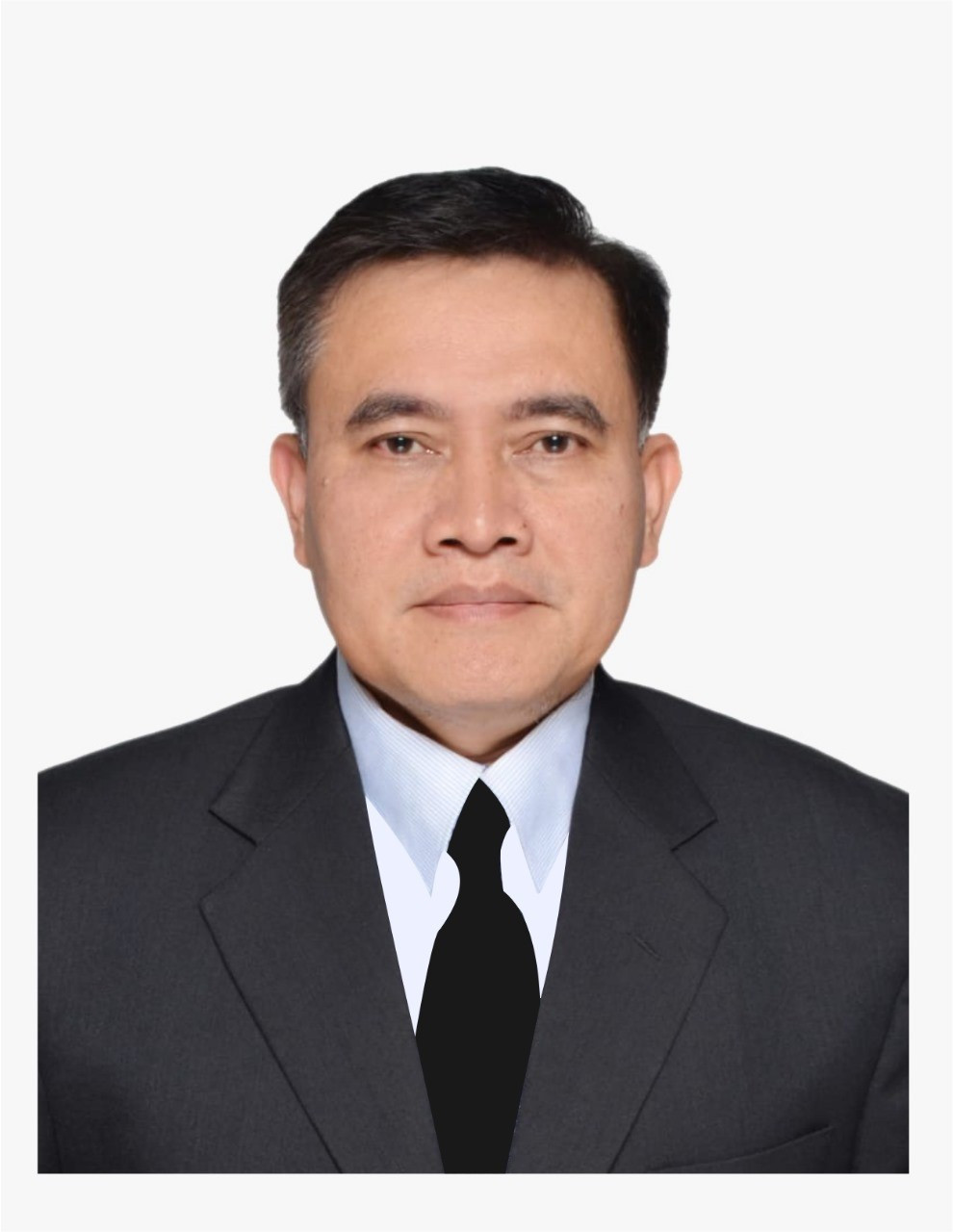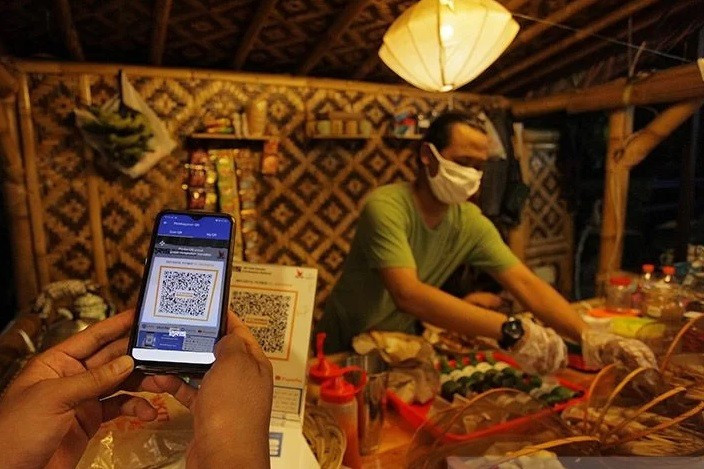Popular Reads
Top Results
Can't find what you're looking for?
View all search resultsPopular Reads
Top Results
Can't find what you're looking for?
View all search resultsMotion 28 at FSC General Assembly risks stalling remedy progress
As the first country to implement FSC’s Remedy Framework, Indonesia urges members to protect credibility, justice and momentum, not add new requirements that hinder what already works.
Change text size
Gift Premium Articles
to Anyone
by Purwadi Soeprihanto, secretary-general, the Association of Indonesian Forest Concession Holders (APHI)
It has been more than two years since the Remedy Framework created by the Forest Stewardship Council (FSC), one of the world’s leading forestry certification bodies, was initiated as a means for forestry companies to address past harms and pave the way toward more sustainable forestry management practices.
The Remedy Framework has become a fresh breeze for sustainable forestry management in Indonesia. It opens new pathways to expand responsible plantation forestry practices while promoting environmental and social reconciliation for past harms: a genuine win-win solution for all.
The framework was born from a decision made at the FSC General Assembly 2022 in Bali. Its objective is clear: to address negative social and environmental impacts caused by corporate activities classified as “unacceptable” during the 1994-2020 period. The identification of impacts and the design of remedial actions are carried out within the parameters established by FSC.
From the outset, the initiative sent a positive signal that the past can be repaired, and that the future can be built together and sustainably. The response to this framework in Indonesia has been encouraging and in many ways, unprecedented for the forestry sector: It has created a sense of optimism shared by multiple stakeholders.
Shared opportunity
For companies, the framework is not merely an obligation to regain FSC association; it also opens opportunities. While the process is not easy, from baseline assessments and community dialogues to allocating funds for social and environmental restoration and maintaining long-term commitment, remedy serves as an entry point for building trust and future certification.
It paves the way toward sustainable certification that could reopen global market access for Indonesian forestry products that were previously excluded without FSC certification, allowing the industry to compete more fairly and credibly on the world stage.
For FSC, this is a critical moment. The participation of Indonesian companies in the remedy process demonstrates that the mechanism can be about inclusion rather than exclusion. Every remedy step expands the area of forests managed under sustainability standards.
FSC has set a global target of 300 million hectares of certified forests by 2026, and the Remedy Framework is a tangible instrument toward achieving that goal.
For the environment, the momentum is equally significant. Since the early 1990s, two major forestry companies now undergoing the remedy process have managed millions of hectares of industrial forest plantations. Through remedy and other sustainability initiatives, these operations can become platforms for large-scale ecological recovery, potentially reaching up to 1 million ha.
If realized, this will make a real contribution to national climate goals such as Indonesia’s Forest and Other Land Uses (FOLU) Net Sink 2030 as well as restoration, conservation and land tenure conflict resolution programs. More importantly, it can position Indonesia as a global example of large-scale landscape restoration that is practical, not theoretical.
Perhaps most importantly, communities are beginning to have hope. Since 2023, the Remedy Framework has been widely socialized by FSC, the APHI and implementing companies. Communities once living under the shadow of past harm and conflict now see a formal mechanism to rebuild relationships with companies and redress long-standing losses.
Remedy is not only about documenting and addressing past harm, but also about laying the foundation for fairer, more equal relationships. It offers a real opportunity for affected communities to build better and more prosperous lives.
Global precedent
Indonesia is not just a pilot for the remedy process; it is a precedent.
Many other countries, such as Brazil, Thailand and the Democratic Republic of the Congo, face similar historical and social situations. They are watching closely for proof that remedy can be implemented on the ground, not just drafted on paper.
If Indonesia succeeds, it will send a strong message that a country with complex geography, history and social dynamics can successfully implement remedy. If it works here, there is no reason it cannot work elsewhere.
But if this first example is delayed and made too difficult to implement, it will be difficult to convince others to follow. Remedy is therefore not only in Indonesia’s interest: It is a global hope.
Now is the time for FSC to demonstrate that its system is not only robust but also implementable. A good process does not need to be perfect from the beginning: Valuable lessons emerge from practice, not from prolonged procedural focus. The most realistic and constructive approach is to continue implementation while refining the process along the way. The improvements needed in any system can only be truly assessed once it has been tested in action.
But adding new requirements at this stage, like one of the motions put forth for discussing at the upcoming FSC General Assembly, will only postpone the delivery of benefits, diminish community hope, increase administrative burdens and drain the energy and resources of all parties involved.
Motion 28 introduces unnecessary bureaucratic and procedural requirements that could delay justice for rights holders, weaken the plan-do-check-act principle and erode trust in FSC as a system that learns through implementation.
Indonesia therevy reaffirms its commitment to continue implementation without delay and calls on all FSC members to express their objection to Motion 28 to safeguard the credibility and momentum of ongoing remedy processes.
By continuing the process, there is room to strengthen what truly matters: ensuring that the FPIC (free, prior and informed consent) process is carried out properly, enhancing community capacity so consent becomes more meaningful, improving corporate group transparency and reinforcing monitoring without adding new layers of bureaucracy.
To ensure the Remedy Framework can be implemented effectively and credibly, Indonesia calls on FSC to take three concrete actions:
- Facilitate constructive implementation. FSC should provide a safe and inclusive space for rights holders, companies and third parties to address implementation challenges without stalling ongoing processes.
- Reaffirm commitment to full implementation. Avoid adding new requirements midway; focus efforts on capacity building, technical assistance and improvements grounded in learning by doing.
- Commit adequate resources. FSC must ensure the availability of technical, financial and institutional resources to enable fair and consistent implementation across all regions, particularly in developing countries.
The past three years have proven one simple truth: Remedy works when it keeps moving. Adding new layers of complexity is not the right answer to challenges.
By continuing implementation while strengthening quality, communities can receive fair remedy, the environment can be restored and industries can be elevated to higher standards. All the while, Indonesia stands as living proof that forest-based solutions can be both just and competitive.
Ultimately, remedy is not only about correcting the past. It is also about opening a path for local communities to grow more prosperous and resilient: a long-term vision aligned with sustainable development.











